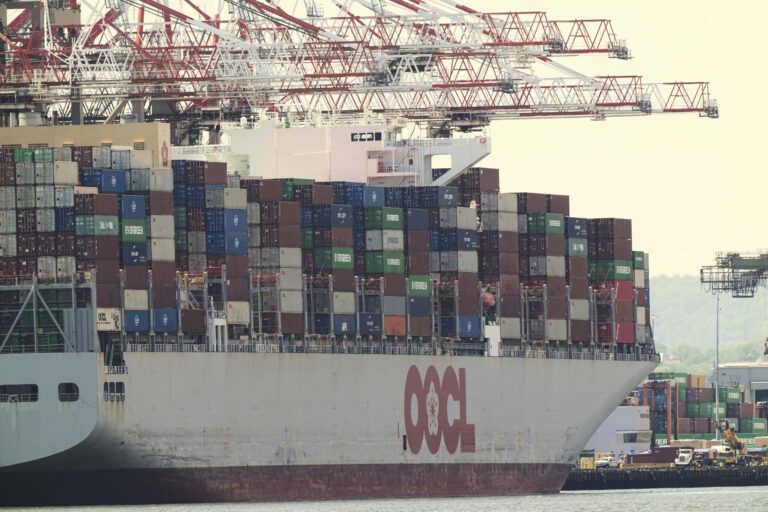Federal Court Considers Trump’s Tariffs: A Landmark Legal Battle
A pivotal legal showdown is underway as the United States Court of Appeals for the Federal Circuit reviews President Trump’s controversial "reciprocal" tariffs plan. This case, stemming from V.O.S. Selections v. Trump, questions the extent of presidential power in imposing tariffs on international imports.
Overview of the Case
On Thursday, a panel of 11 judges heard arguments challenging President Trump’s imposition of a 10% tariff on various countries, which he announced on “Liberation Day” in April. A lower court ruled that Trump lacked the authority to enact these tariffs, setting the stage for this significant appeal.
Key Arguments
-
Power of the President
Opponents of the tariffs argue that the president’s actions represent a "breathtaking claim to power." Neal Katyal, an attorney representing the plaintiffs, contended that the International Emergency Economic Powers Act, which Trump cited as justification, does not explicitly mention tariffs. He stated, “This is a power no president has asserted in 200 years, and the consequences are staggering.” -
Emergency Claims
The Trump administration maintains that the federal trade deficit constitutes a national emergency requiring swift action. Justice Department attorney Brett Shumate argued that the president’s authority to "regulate" trade implies the ability to levy tariffs as a form of national defense.- Shumate’s Argument:
- Tariffs are used as bargaining tools to address emerging crises.
- The situation with trade deficits has reached a "tipping point" critical for national security.
Historical Context
The Emergency Economic Powers Act provides a framework for the president to impose tariffs during national emergencies under specific conditions. However, the act has rarely been invoked for such purposes.
Important Precedent
The case references United States v. Yoshida International, Inc., where a temporary tariff was imposed by President Nixon in 1971. Although the federal appeals court upheld this action, Trump’s tariffs are broader and potentially indefinite.
Perspectives from the Bench
During the hearing, Judge Richard Taranto, appointed by President Obama, indicated openness to the arguments presented by the Trump administration. This response suggests that the panel may lean towards a conclusion that upholds some presidential authority, but the outcome remains uncertain.
Current Status and Future Implications
Expected Outcomes
The Federal Circuit’s decision is anticipated to be appealed, possibly landing at the U.S. Supreme Court. Regardless of the ruling, the implications are vast, potentially reshaping the balance of power between Congress and the presidency regarding trade and tariffs.
Cato Institute’s Perspective
Thomas Barry, a director at the Cato Institute, expressed optimism after the hearing. He noted that a ruling against the use of the Emergency Economic Powers Act for tariffs would provide a clear resolution.
Barry commented, "A ruling that the law doesn’t authorize tariffs would be the cleanest and simplest way to resolve this case."
Conclusion
As President Trump asserts that the tariffs are essential for American survival, the court’s decision on this matter will be closely watched. The stakes are high, and the legal interpretations made by the judges of the Federal Circuit could redefine executive power in trade policy.
For live updates on the case, follow developments from CNN or The Washington Post. The court’s ruling could set a precedent not just for current tariffs but for future trade policies as well.


